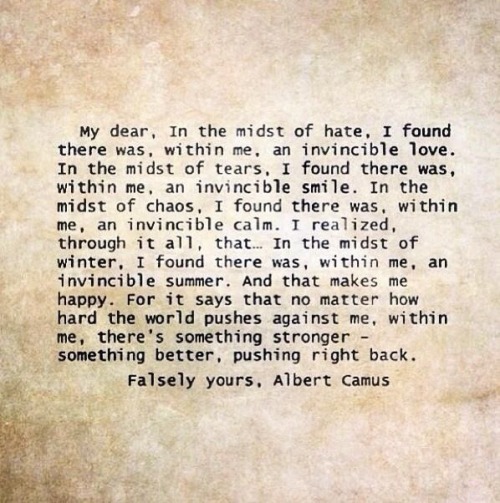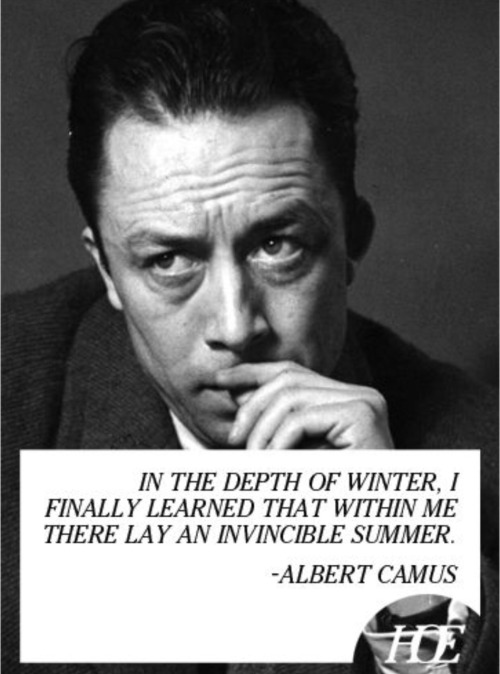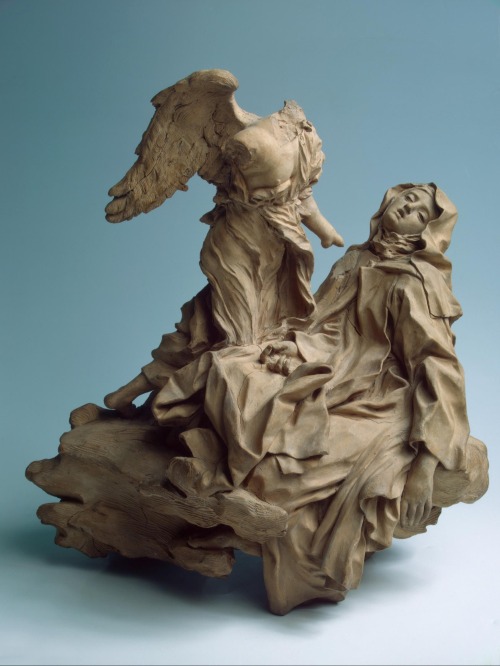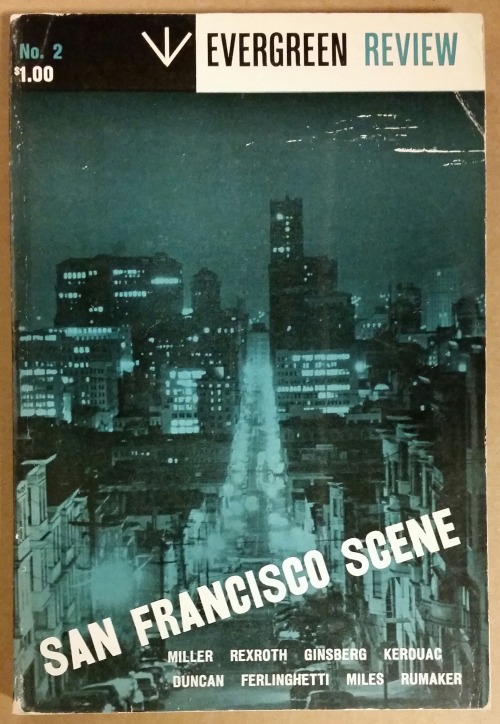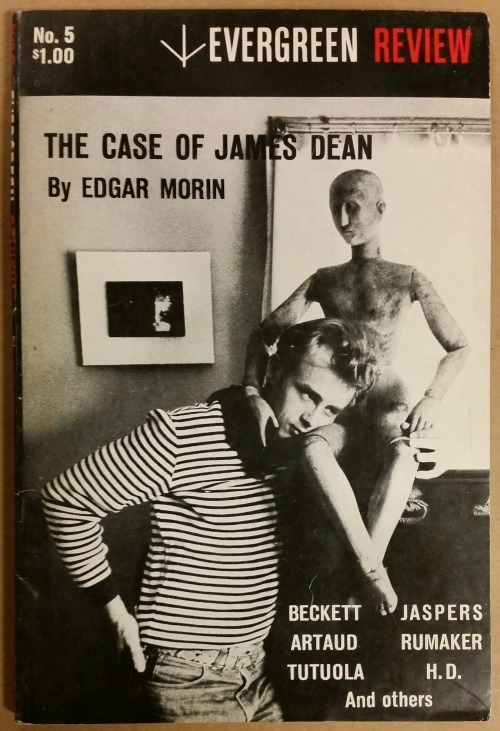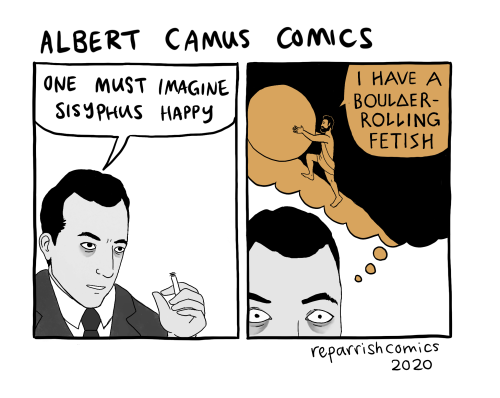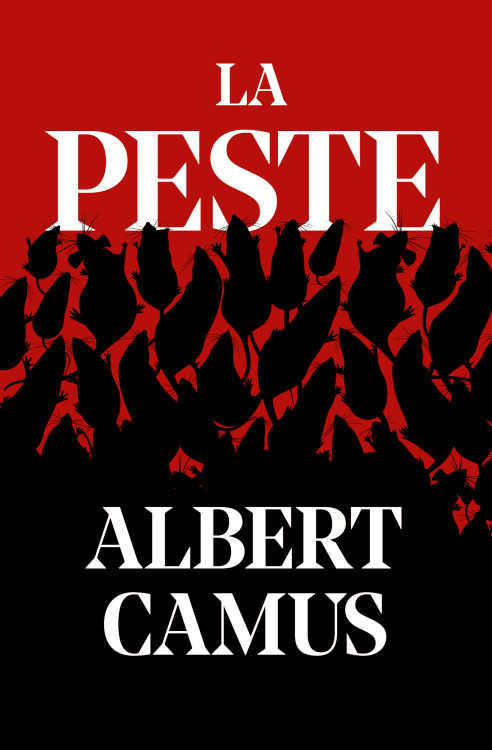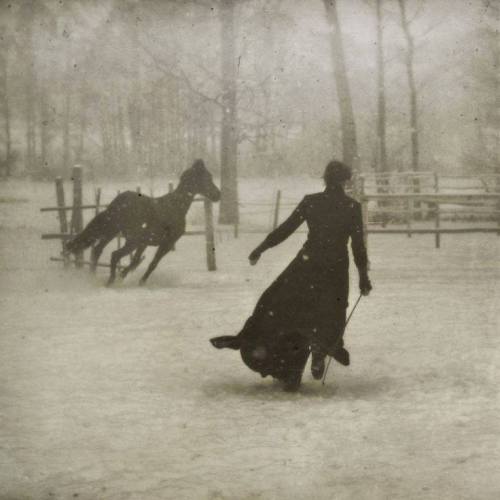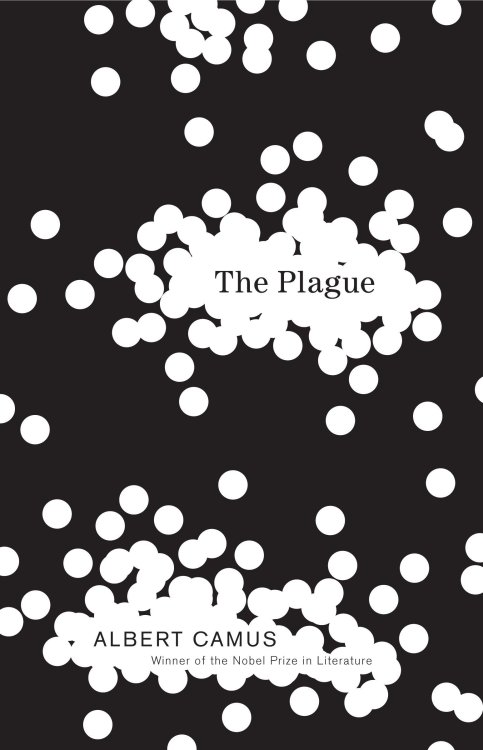#albert camus
“Beauty is unbearable, drives us to despair, offering us for a minute the glimpse of an eternity that we should like to stretch out over the whole of time.”
~ Albert Camus
[The Ecstasy of St. Teresa, c.1640 - Gian Lorenzo Bernini]
• Albert Camus (1913–1960) was a journalist, editor and editorialist, playwright and director, novelist and author of short stories, political essayist and activist—and, although he more than once denied it, a philosopher. He ignored or opposed systematic philosophy, had little faith in rationalism, asserted rather than argued many of his main ideas, presented others in metaphors, was preoccupied with immediate and personal experience, and brooded over such questions as the meaning of life in the face of death. More: https://plato.stanford.edu/entries/camus/
• Gian Lorenzo Bernini dominated the Roman art world of the seventeenth century, flourishing under the patronage of its cardinals and popes while also challenging contemporary artistic traditions. His sculptural and architectural projects reveal an innovative interpretation of subjects, use of forms, and combination of media. Forging a path for future artists, he played an instrumental role in establishing the dramatic and eloquent vocabulary of the Baroque style. More: https://www.metmuseum.org/toah/hd/bern/hd_bern.htm
• The gift of God to Teresa in and through which she became holy and left her mark on the Church and the world is threefold: She was a woman; she was a contemplative; she was an active reformer. More: https://www.franciscanmedia.org/saint-of-the-day/saint-teresa-of-avila
Post link
Albert Camus, The Myth of Sisyphus
Albert Camus, The Myth of Sisyphus
“I’ve never really had much of an imagination. But still I would try to picture the exact moment when the beating of my heart would no longer be going on inside my head.”
Albert Camus - The Stranger
-via posttoxic
“ Ve ben anılarımla başbaşaydım o şehrin sokaklarında. Bir akşam vakti, yorucu bir günün bitiminde kendimi Akdeniz'in ılık sularına bıraktım ve Camus'nün Veba‘dadile geitrdiği o unutulmaz deneyi anımsadım, Rieux'nün Tarrou'yla birlikte paylaştığı o sonsuzluk anını yaşayabilmeyi denedim.”
Mario Levi- Bir Şehre Gİdememek
başarısızlığa uğramak zorunda olması karakterinin doğasında var.
alberto manguel - okuma günlüğü
neden mutsuz olmak için bunca uğraş veriyordu?
jonathan lear - mutluluk, ölüm ve ýaşamın artakalanı

Can we ever truly be free? And what does it mean to really be free anyway? To be completely free, we could simply say, is to be able to act however we wish to, without any restraints blocking our ability to act and think in accordance with our volition. Taking this as ultimate, pure freedom, we must ask what exactly stops ultimate freedom from being ours. The first thing which we must accept is…

Ischia, June 2019
At the heart of all beauty lies something inhuman.
Albert Camus



Un temps viendra où malgré toutes les douleurs nous serons légers, joyeux et véridiques.
© Albert Camus à Maria Casarès
Ph. Kristen Rickert

Albert Camus. Shouting is not an argument, denunciation and diffamation an act of treachery to the truth.
The true work of art is the one which says least. There is a certain relationship between the global experience of an artist, his thought and his life, and the work reflecting this experience. This relationship is wrong when the work gives the whole of this experience surrounded by a fringe of literature. It is right when the work of art is a section cut out of his experience, the facet of a diamond in which the gem’s inner luster is reflected but not exhausted. In the first case, there is exaggeration, and literature. In the second case a work which is fruitful because of a whole implied content of experience whose wealth is not directly expressed.
—Albert Camus
En medio del odio, descubrí que había, dentro de mí, un amor invencible. En medio de lágrimas, descubrí que había, dentro de mí, una sonrisa invencible. En medio del caos, descubrí que había, dentro de mí, una calma invencible. Me di cuenta, a pesar de todo eso… En medio del invierno, descubrí que había, dentro de mí, un verano invencible. Y eso me hace feliz. Porque esto dice que no importa lo duro que el mundo empuja contra mí; dentro de mí hay algo más fuerte, algo mejor, empujando de vuelta.
Albert Camus

Undated. Unlocated. Unattributed.
“Sometimes it’s like that, you know; at the last minute everything goes wrong.”
— Albert Camus, from “The Just Assassins,” Caligula and Other Plays (Penguin Group(CA), 2007)
Post link

“In the midst of winter, I found there was, within me, an invincible summer”
—Albert Camus

“I’m not in the right place - alas, I cannot rid myself of the feeling that I’m not in the right place.”
— Franz Kafka
Albert Camus, The Plague (1947)
From the dark harbor soared the first rocket of the firework display organized by the municipality, and the town acclaimed it with a long-drawn sigh of delight. Cottard, Tarrou, the men and the woman Rieux had loved and lost— all alike, dead or guilty, were forgotten. Yes, the old fellow had been right; these people were “just the same as ever.” But this was at once their strength and their innocence, and it was on this level, beyond grief, that Rieux could feel himself at one with them. And it was in the midst of shouts rolling against the terrace wall in massive waves that waxed in volume and duration, while cataracts of colored fire fell thicker through the darkness, that Dr. Rieux resolved to compile this chronicle, so that he should not be one of those who hold their peace but should bear witness in favor of those plague-stricken people; so that some memorial of the injustice and outrage done them might endure; and to state quite simply what we learn in a time of pestilence: that there are more things to admire in men than to despise.
Nonetheless, he knew that the tale he had to tell could not be one of a final victory. It could be only the record of what had had to be done, and what assuredly would have to be done again in the never ending fight against terror and its relentless onslaughts, despite their personal afflictions, by all who, while unable to be saints but refusing to bow down to pestilences, strive their utmost to be healers.
And, indeed, as he hastened to the cries of joy rising from the town, Rieux remembered that such joy is always imperiled. He knew what those jubilant crowds did not know but could have learned from books: that the plague bacillus never dies or disappears for good; that it can lie dormant for years and years in furniture and linen-chests; that it bides its time in bedrooms, cellars, trunks, and bookshelves; and that perhaps the day would come when, for the bane and the enlightening of men, it would rouse up its rats again and send them forth to die in a happy city.
Post link


